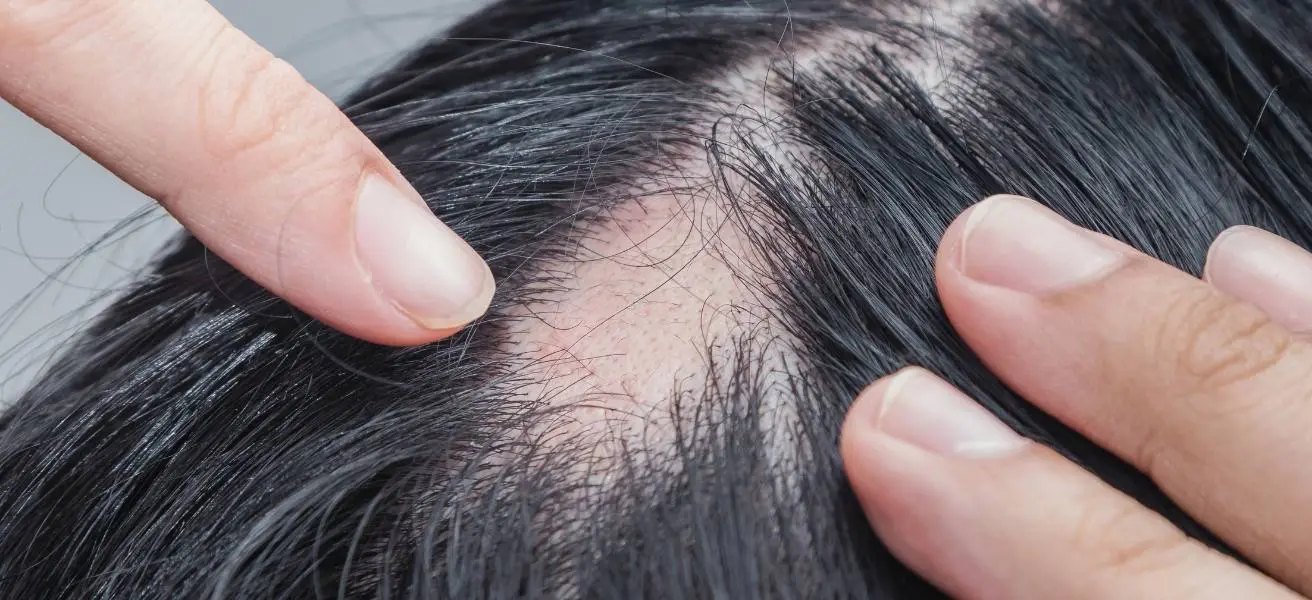"Abs are made in the kitchen." Weight loss, just like abs, also starts in the kitchen. Here are some healthy dietary habits to consider.
Table of Contents
Travelling by air can be far from glamorous. You often find yourself squeezed between strangers in your seat, eating mediocre airplane food, and trying to enjoy a movie just inches away from your face because the passenger in front of you has reclined their seat into your lap.
However, one of the worst aspects of air travel is its impact on your face and skin.
Here's a look at the less glamorous side of the overrated jet-setting lifestyle.
Woe #1: Dry cabin air that affects skin hydration
When flying, one of the main issues your skin faces is dry cabin air. The recirculated air in airplane cabins lacks moisture, which can be particularly stressful for your skin. This dry environment pulls moisture away from your skin, exacerbating dryness for those with dry skin, while individuals with oily skin may produce even more oil in response to dehydration.
The cabin pressure and humidity levels in airplanes differ significantly from those on the ground. Our skin is typically comfortable when humidity levels are between 40% and 70%. In contrast, most airplane cabins have humidity levels around 20%, which is less than half of what we're accustomed to.
As a result, the lack of humidity can lower your skin's hydration levels during a flight, leading to dehydration, cracked lips, and dry, flaky skin.
Solutions for lasting skin hydration for that healthy, dewy skin glow for all skin types
Woe #2: Jet Lag + Lack Of Sleep = Eye bags
Jet lag, also referred to as "desynchronosis," is common for long-haul flights.
Travelling frequently across time zones can disrupt your circadian rhythm, resulting in significant sleep disturbances. Whether you're crossing time zones or simply missing out on sleep during your journey, the effects can be quite noticeable, particularly on your skin.
On top of increased dehydration, a lack of sleep can lead to dark circles under your eyes, eye bags and puffiness. It also makes you look paler and gives you a more translucent skin, making the blood vessels under the eyes more visible. This can cause the tear trough area to look hollower, deeper, and darker, leading to undesirable shadowing and the appearance of eye bags, giving you an unflattering raccoon-like appearance.
Fun fact: substantial weight loss can also make undereye bags and hollows more noticeable.
Solutions to erase dark eye circles and eye bags
Woe #3: UV Damage
Flying at high altitudes brings you closer to the sun, increasing your exposure to ultraviolet (UV) radiation. Unfortunately, airplane windows do not effectively filter out these harmful rays, making you more susceptible to cosmic radiation with each flight.
Surprisingly, just one hour of flying is equivalent to about 20 minutes in a tanning bed. Instead of achieving a healthy glow, this exposure can harm your skin.
Sun exposure is a significant factor in the loss of skin elasticity. The sun's intense rays damage skin cells, accelerating the ageing process. Over time, this damage breaks down collagen and elastin fibres, the connective tissues that support your skin. As these fibres diminish, your skin loses strength and flexibility, leading to premature sagging and wrinkles.
Research indicates that 78 percent of premature skin ageing is due to incidental exposure—when your skin is exposed to daylight without intentional sun exposure, such as while flying. This means that UV rays are detrimental to efforts to combat ageing skin and wrinkles. It also dispels the common myth that wrinkles only affect mature skin.
Solutions for even skin texture
Woe #4: Cabin Altitude that causes dull skin
During a typical plane ride, the barometric pressure is similar to what we experience at the summit of an 8,000-foot mountain. At higher altitudes, less blood reaches the skin, which can make it appear dull.
Because our blood absorbs less oxygen at these heights, we may feel fatigued and experience symptoms such as dizziness, sleepiness, and reduced mental clarity. So, if you feel tired while flying, it’s not because of the comfortable airplane seats.
Solutions for glowing skin for a youthful appearance
Woe #5: Water Retention
During a long flight, inactivity and excessive salt intake — often from airport snacks—can lead to water retention, causing facial puffiness.
Solution for a healthy body during your flight
To help prevent your face from bloating, try to get up and walk down the aisle once every hour.
If you find yourself stuck in a window seat with passengers sleeping on either side, you can still do some stretches.
Lift your legs up and down and rotate them in circles periodically. These movements can help mobilise the excess fluid.





























